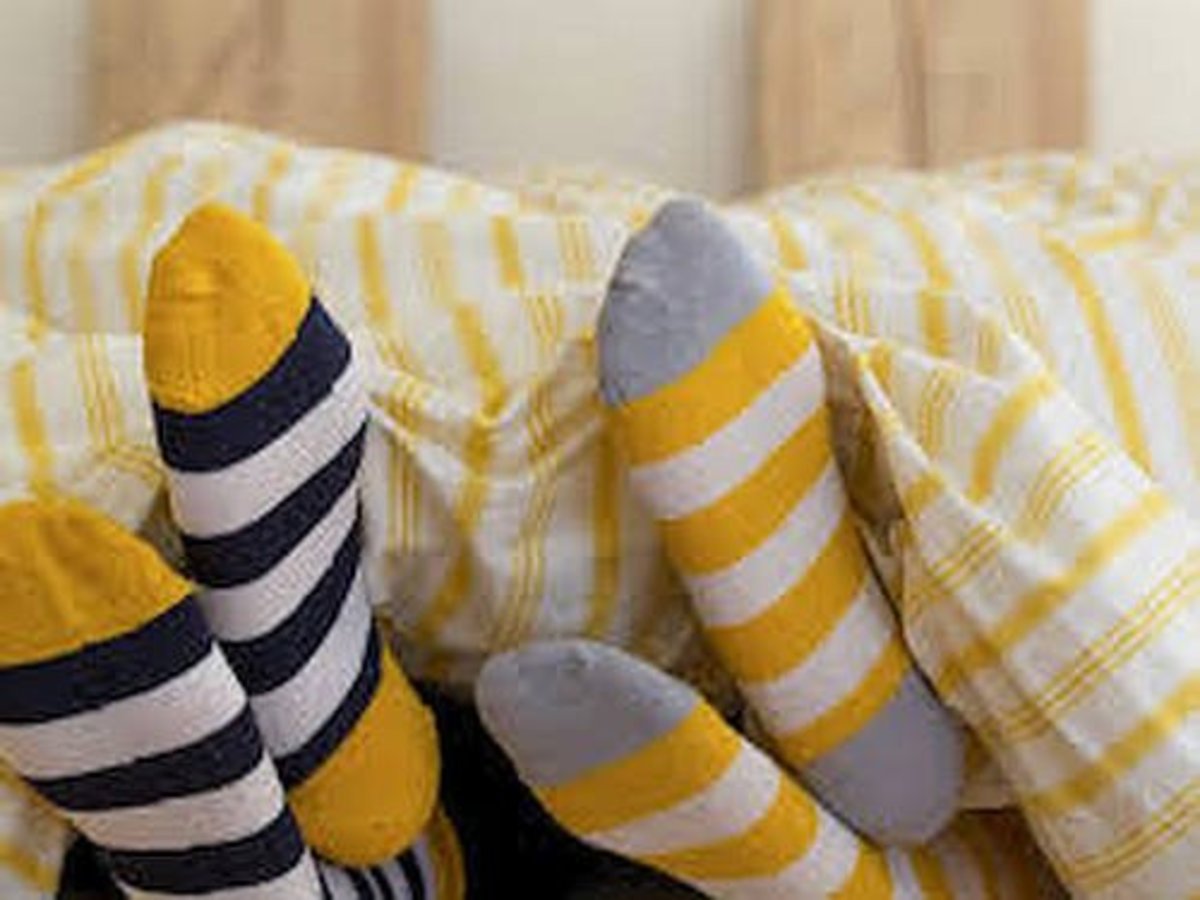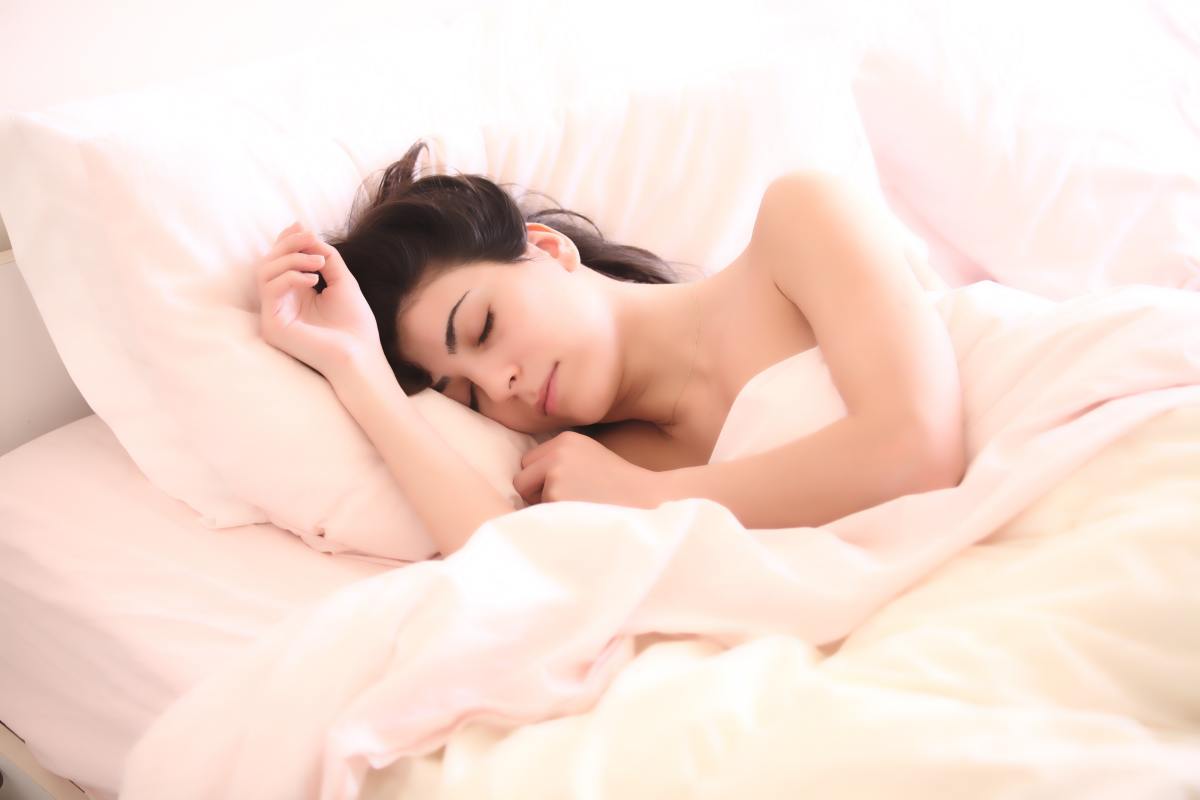- HubPages»
- Health»
- Personal Health Information & Self-Help»
- Self-Help for Sleep Issues & Sleeplessness
The Best Way To Cure Sleep Insomnia
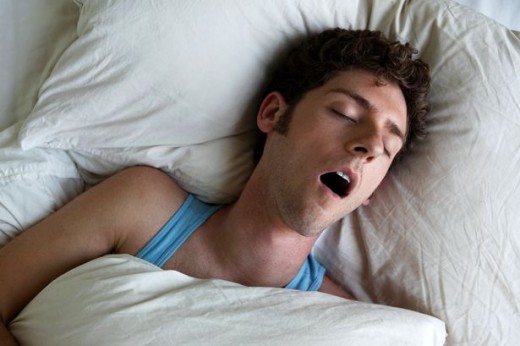
Why is sleeping important?
Your body needs to regenerate itself Sleep is important
Sleep plays a vital role in good health and well-being throughout your life. Getting enough quality sleep at the right times can help protect your mental health, physical health, quality of life, and safety.
The way you feel while you're awake depends in part on what happens while you're sleeping. During sleep, your body is working to support healthy brain function and maintain your physical health. In children and teens, sleep also helps support growth and development.
At night is when your body regenerates itself. For example, when you workout you don’t actually grow in the gym you grow when you recuperate. In the gym you tear muscle fibers, you destroy your body to be able later to build newer and stronger ones. That’s how it works.
When I used to workout and didn’t sleep well I definitely noticed that my performance the next day was less than ideal and I didn’t build muscle mass as fast. Here are a few tips on sleeping better and fighting your sleep insomnia:
12 rules
This article was inspired by an amazing book called “The effortless sleep method” by Sacha Stephens. I made a few changes based on my own experience and how I won my battle against insomnia. I hope it helps everyone. There are 12 rules here that will be the catalyst for change and a better life.
First rule:
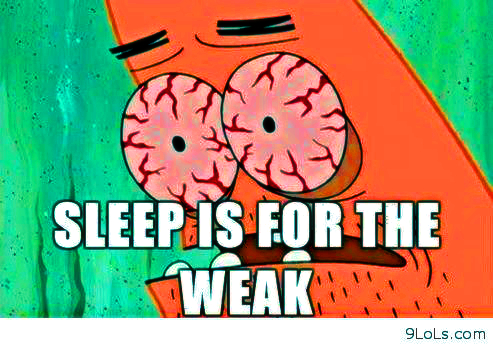
- Spend less time in bed:
When your slumber is too long it can lead to tiredness, most people think that it is exactly the opposite that sleeping too little will exhaust you more. When someone is drained he generally thinks sleeping more will help him. Most people hibernate too much!
Getting into bed when only tired is a sure fire way to spend a bad night. One must be sleepy, it is not the same thing, it sounds similar but think about it how many times have you gone to bed exhausted but still unable to sleep.
Going into bed when tired will not guarantee a good night's sleep. Being sleepy is what you should be looking for. How many times have you gone to bed tired and still unable to fall asleep that is because tired is not sleepy, there is a slight difference.
Second rule:
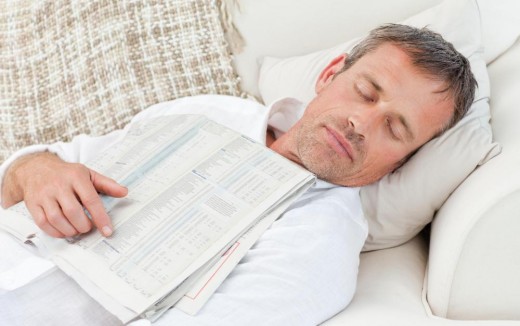
- Avoid naps.
The body needs to know when bedtime is. If you take rests you are just confusing your own body as to when it is actually meant to go to bed, which in turn diminishes the association of sleeping and going to bed at night.
The result of all of this is a less tired and sleepy individual when it is actually bedtime, that being the effect of confusing your body with a nap that you may have taken.
Third rule:

- Get up and do something when you can’t sleep
Associating the bed and sleeping at night is crucial. the body has to understand that the only time you lie down in your bed it is for sleeping several hours.
With that being said if you wake up in the middle of the night the worst thing you could do is lie there with your eyes wide open counting sheep, instead get up and do something like cleaning.
Don't think about the time you stay out of bed just do a complete activity and go to bed when you are finished with it. Don't think about time or anything just do what you have to do and do it completely without thinking of sleep or anything of that nature, the goal is to occupy your head.
Fourth rule:
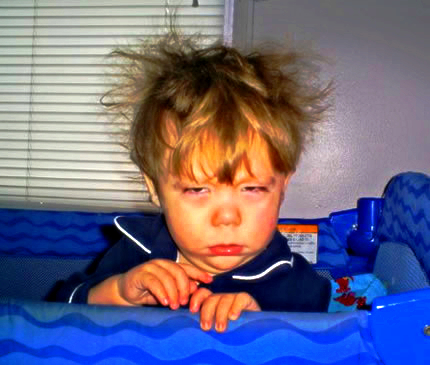
- Get up consistently at the same time during a week
- Determine hours of sleep required
- concentrate on sleeping the amount of hours best for you
- Never sleep more than required
I discovered that sleeping 6 hours was ideal for me. The way I discovered it was by setting my alarm clock at 8am everyday for a week, this resulted in my body adapting to this treatment and making me sleepy at 2am consistently, that is how I discovered that my body needed 6 hours of sleep.
From that moment the number 6 was the magic number for me. Instead of obsessing about a particular time to go to sleep, I just tried to sleep those 6 hours whenever possible sometimes I had to accept to sleep less because of circumstances but never more than the desired 6 hours.
That is a rule I follow religiously, never sleep more than your optimal amount of hours.
To be sure that you've found your ideal hours of sleep, you should feel a little resistance when getting out of bed but feel instantly fine afterwards. Also look how you feel throughout the day.
I noticed that it's much worse to sleep more than to sleep less. People who suffer from insomnia a lot of the time sleep too much. So remember always sleep your optimal amount of hours or less but never more.
Most people will want to enjoy life and not just worry about hours of slumber, most people are going to go out and dance, go to the movies, play sports, just go out with friends and that will make you go to bed maybe a little later so sleeping your ideal number of hours is going to be impossible sometimes, that's life.
Suggestion: To pressure myself in getting out of bed at the time I decided I use some tricks that aid my body to wake up in the morning and make it easier for me to fight the temptation of staying in bed.
- Set up an "irritating" alarm to force you to get up (not music)
- Put distance between your alarm clock and your bed
- Before going to bed, go to the bathroom, empty your bladder and then drink a big glass of water. This is to be hydrated when you get up and avoid peeing during the night.
- Have a cup of coffee ready when you wake up.
- Make sure that you are not cold when you get out of bed. I sleep with my cloths on to make the transition easier between inside and outside of my sheets.
- Sunlight will help you start the day. Open the curtains and turn the lights on to get a maximum amount of light.
Fifth rule:
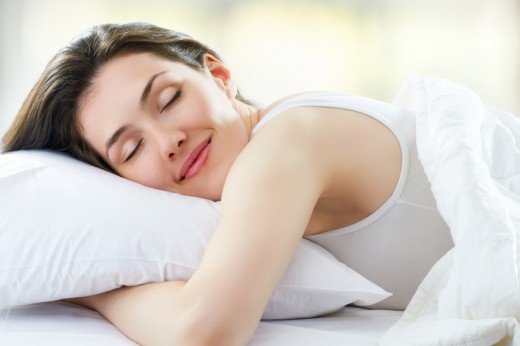
- Do nothing in bed except for sleep or have intercourse
Sex is an exception because it is a relaxing activity. You won't sleep worse after sex. The idea is to associate the bed with slumber.
Sixth rule:

- Reduce or eliminate the pills
If you need a pill to get to sleep it's not really sleep. It should be a natural process not an artificially enduced phenomenon.
The goal is not to be dependent on a pill or anything else, the aim is to be free, liberated from the dread of not sleeping. The pill does exactly the opposite, it reminds you that you have a problem and on top of that you can't have a good night's sleep on your own.
Sure pills help you close your eyes but that is because they knock you out unconscious that is not the same as actually sleeping.
Those tablets help perpetuate the problem you are trying to rid yourself of effectively maintaining the viscious though pattern of I can't get through the night without this medecine..
Seventh rule:

- Stop clock watching
You shouldn't look at your clock because you should be going to bed when you are sleepy not at a certain time. Set the alarm clock and then forget about time. If you wake up in the middle of the night don't look at your watch either.
The mind of an insomniac is obsessed with hours of sleep, you have to let go and not care too much.
Eighth rule:
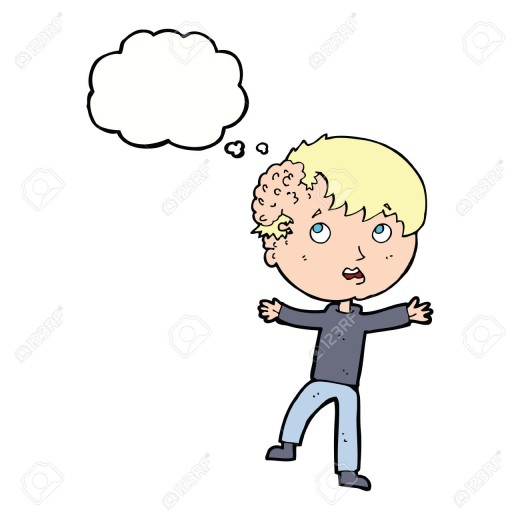
- Emergency thought
Giving yourself a hard mathematical division of multiplication is a good little trick to get you out of negative thinking. The mind of an insomniac is very negative and will constantly think of sleep, of his chronic illness etc....Sometimes those thoughts become too strong so you have to force yourself to stop and think of something completely unrelated to the topic of insomnia.
You can also try to remember the name of someone you always forget or what you had at breakfast a week ago.
Ninth rule:
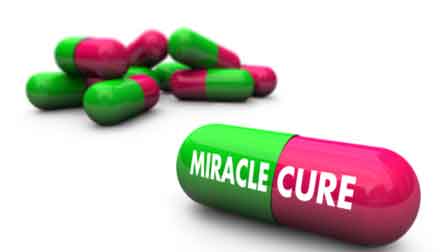
- Let go of the search for a miracle cure
The search for a miracle cure will only make you think that you are powerless to fix your problem and make you dependent on some outside solution that will never come or work completely,
The only person that can make you sleep is yourself. Every human being has the capacity to sleep you are not born different, you are not born an insomniac.
Hoping for a miracle cure will give you anxiety and that is not good for sleeping well.
Tenth rule:
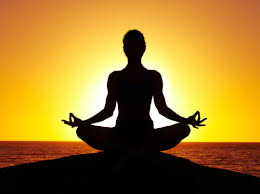
- Meditate 2 times a day
- Exercise 30 minutes everyday
Dr. Wilson's meditation inspired by Roy Master is a really good one that I highly recommend. I am not an advocate of Roy Master it just happens that I like his meditation after doing it I felt really relaxed and less anxious.
It has improved the time it takes for me to fall asleep and I've been looking forward to sleeping ever since. Being conscious of your own tiredness is very important and this meditation does that absolutely by moving the energy downward. The best way to describe it is that I felt my body for the first time, I am more of brainy type of person so my focus is naturally more on my thoughts and mind in general.
To sum it up I meditated 30 minutes in the morning and another 30 minutes in the evening.
If you manage to workout for 30 minutes everyday the effects will be even stronger.
Here is roy master's original meditation
Eleventh Rule
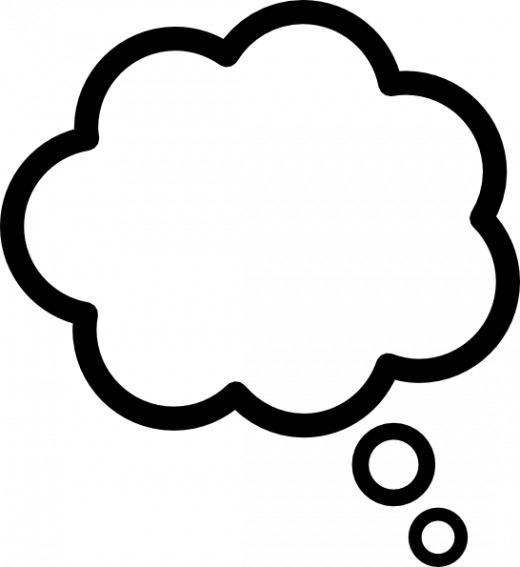
- Decide on your own safety thought
Find the positive side to a bad night by using positive affirmations. What works for me is to tell myself something like: "I remember a time when I slept badly and I still had a great day" or "I am capable of sleeping really profoundly, I remember that great night I had".
A safety thought helps to prevent negative thoughts and maintain you positive throughout the day.
Some people find it helpful to write down positive statemants. Once you've found yours fill out a whole page before going to bed. Try to really feel it to the core.
Twelfth rule:

- Put your life before insomnia.
The final goal of all of this is to forget about your insomnia. People who sleep well don't even preocupy themselves with the question of if they slept well or not.
You have to put your slumber at the background of your life. You can't put hibernation in front of your life. Don't stop living, go out, see people etc....
Maybe you'll have to follow these promises more religiously at the beginning but the ultimate aim is to forget about them and reclaim your life.



